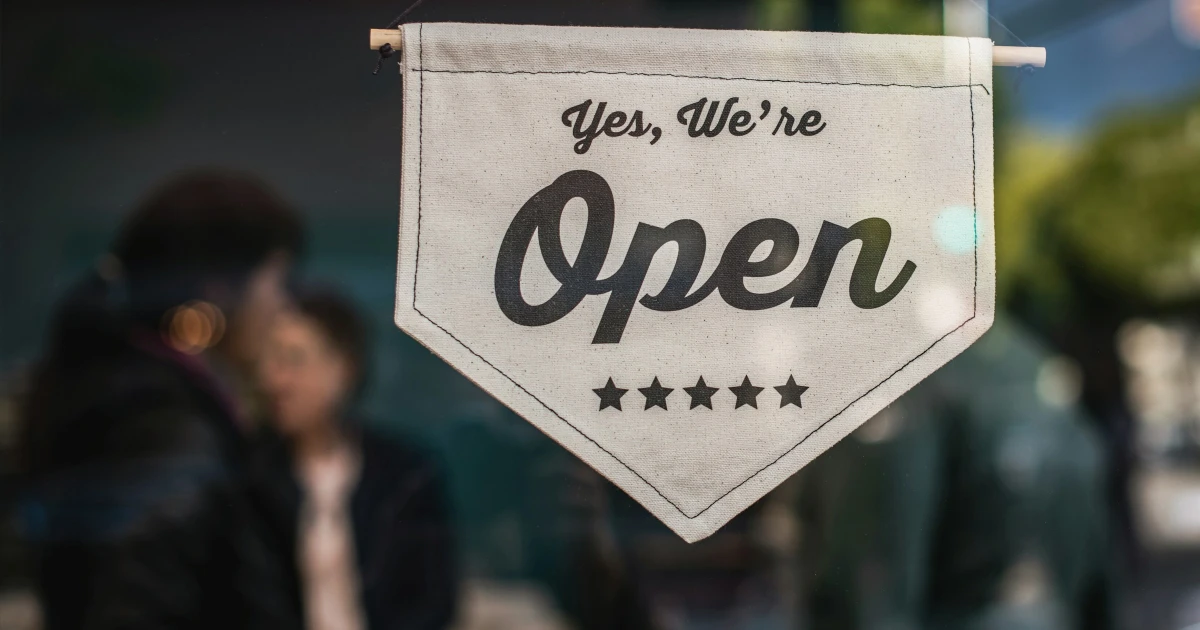advertising fields.
The federal judge’s decision that Google violated U.S. antitrust law with its search engine enterprise previously in August set the stage for the Google antitrust lawsuit by Yelp, one of Google’s major competitors, that enables users to write reviews of regional businesses.
Yelp has long highlighted injustice regarding Google's search dominance and complained that Google has obstructed its reach since refusing the tech titan’s offer to purchase the platform.
On Wednesday, Yelp updated a blog post stating: “Our case is about Google, the largest information gatekeeper in existence, putting its heavy thumb on the scale to stifle competition and keep consumers within its own walled garden.”
The overwhelming defeat Google suffered in the U.S. District Court of the District of Columbia had the possibility of significantly transforming the way millions of Americans obtain their data online. Wednesday’s Yelp case was one of the first actions adopted since U.S. District Judge Amit Mehta named Google a “monopolist” in the opinion.
A Google official declared in a report from Wednesday: “Yelp’s claims are not new. Similar claims were thrown out years ago by the FTC (Federal Trade Commission), and recently by the judge in the DOJ’s (Department of Justice’s) case. On the other aspects of the decision to which Yelp refers, we are appealing. Google will vigorously defend against Yelp’s meritless claims.”
The Wednesday Google antitrust lawsuit, intended in San Francisco federal court, claims that Google influences results to encourage its own local search services when a user searches for such results on Google. That enables Google to unreasonably surpass its competition, Yelp declared.
For example, when a customer is searching for a local bar or restaurant, Google supposedly benefits from its monopoly power to give them any and all data - from instructions to hours to reviews - meaning users don’t have to enter only outside sources such as Yelp.
“In other words, Google abuses its monopoly power in general search to keep users within Google’s own ecosystem and prevents them from going to rival sites.”, the Yale statement claimed.
Yelp argues that Google does this because of the quality of feedback on Yelp and other services is better. Yelp also quoted an FTC report that claimed that 32% of customers’ feedback has no text, while this characteristic is a must on its platform.
In the Google antitrust lawsuit, Yelp claimed that Google's operations damaged its business by diminishing advertising income and increasing Yelp's own costs. Yelp is looking to obtain monetary compensation and an “injunction prohibiting Google from continuing to engage in anti-competitive practices.”


.webp)



.webp)





.webp)

